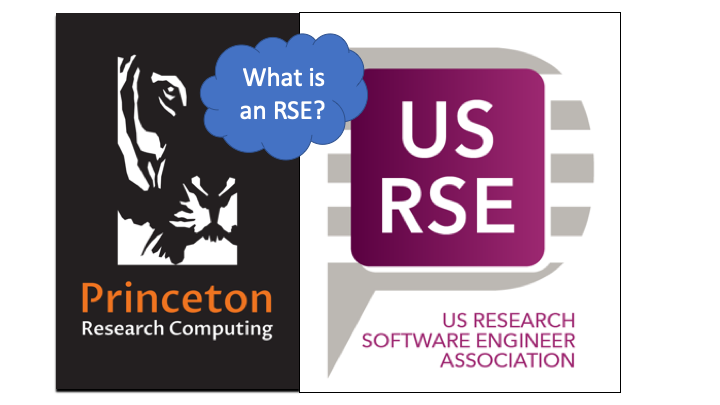Tips for Improving your RSE Cover Letter
Note: This is part 2 of a series with tips for getting on the short list for an RSE interview.
Your Cover Letter
In the first part of this blog series, I gave some tips on ways to improve your CV. I had made the point that the purpose of a CV is to summarize your experience/education in a way that demonstrates that you are qualified for the position. In other words, a CV talks about what you’ve accomplished. A cover letter is your opportunity to fill in everything else. It’s a huge opportunity that so many applicants waste. The cover letter is literally your only opportunity to write something directly to me (that I will always read) explaining why I should move you to the short list. You can tell me who you are, why you are interested, and why you’d be a good fit. I cannot stress the following enough:
A strong cover letter, tailored to the position can make a massive difference.

